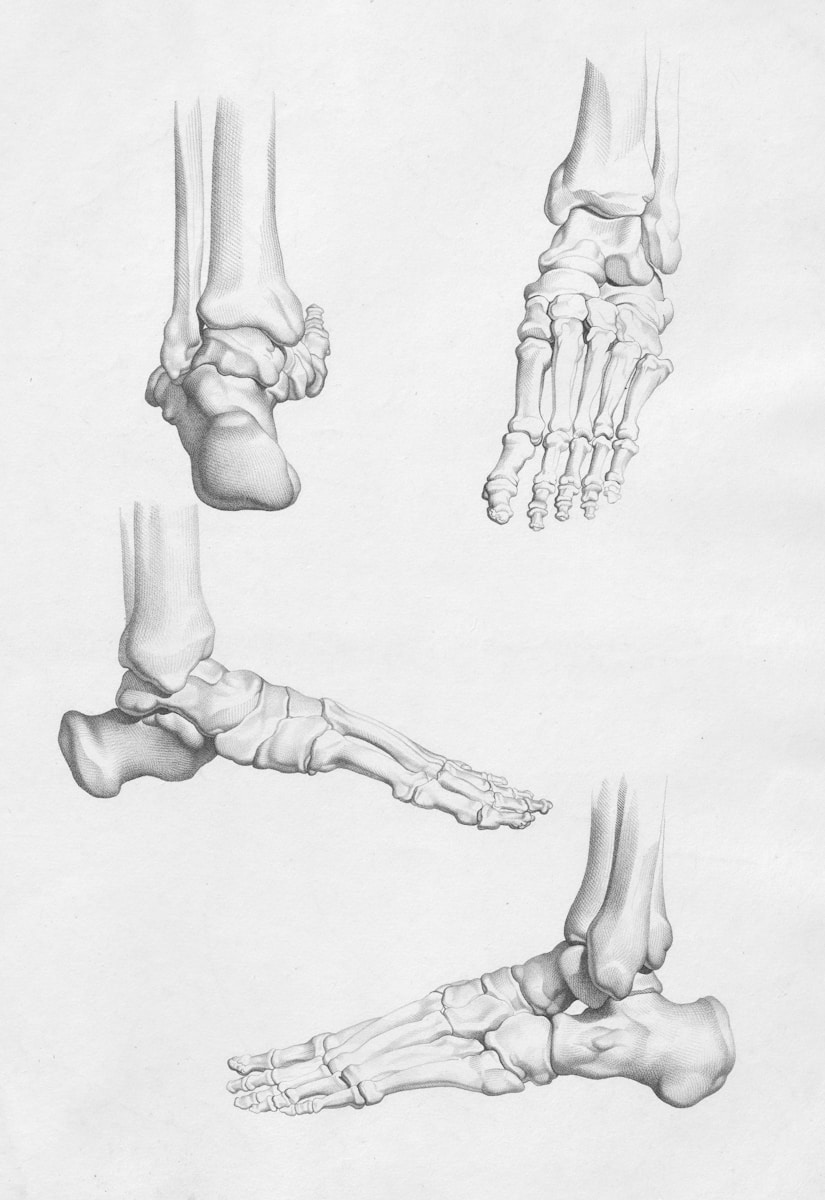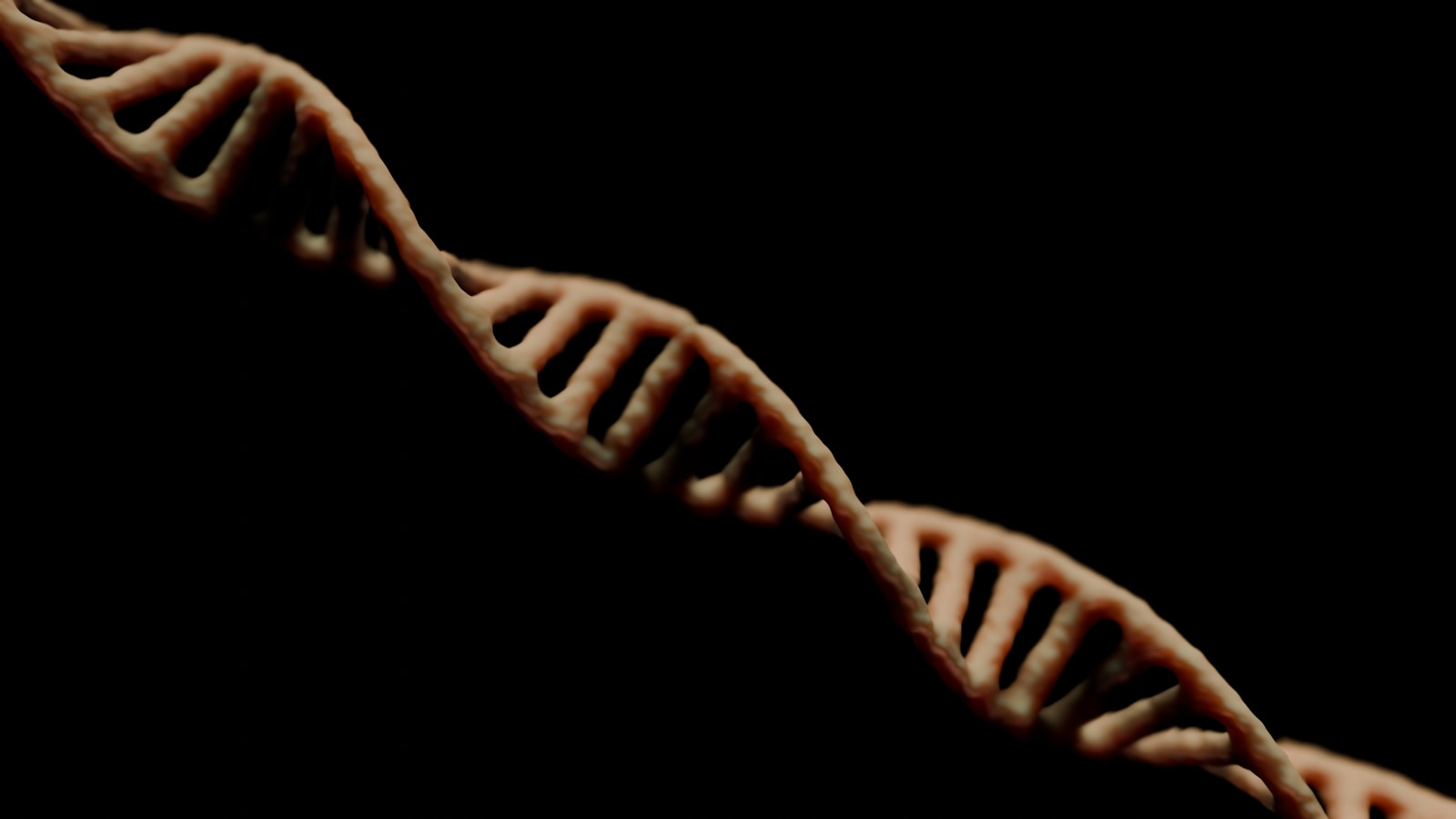When the warm summer nights roll around, mosquitoes seem to emerge in full force, leaving us feeling itchy and irritated. But have you ever wondered why mosquitoes seem to love feasting on our blood? In this blog post, we will delve into the reasons behind why mosquitoes bite and how our bodies react to these pesky insects. Understanding Mosquito Behavior Mosquitoes are fascinating, albeit annoying, creatures with unique behaviors that make them adept at locating their targets. They are primarily attracted to us by the carbon dioxide we exhale, body heat, and certain chemicals present in our sweat. These factors act as signals for mosquitoes to locate their next blood meal. Some species are also drawn to specific compounds in our skin, like lactic acid and uric acid, which can vary depending on our diet and genetics.
The Science of Attraction
Mosquitoes have a remarkable sense of smell, which is key to their hunting success. They can detect carbon dioxide from up to 150 feet away, making it their primary cue in locating hosts. Once they get closer, body heat and other chemical signals help them zero in on their target. Interestingly, research has shown that people who produce more significant amounts of certain chemicals in their sweat, such as ammonia, are more attractive to mosquitoes. This explains why some people seem to get bitten more than others.
The Anatomy of a Mosquito Bite
When a mosquito lands on our skin, it uses its specialized mouthparts, called a proboscis, to pierce through the skin and locate a blood vessel with precision. The proboscis is a complex structure made up of six needle-like parts that work together to penetrate the skin. The mosquito then injects its saliva, which contains anticoagulants, into our bloodstream to prevent clotting, ensuring a continuous flow of blood for its feeding. This saliva not only facilitates feeding but also plays a role in the transmission of diseases, as it can carry pathogens from previous hosts.
The Role of Female Mosquitoes Female mosquitoes bite humans and animals because they require the nutrients found in blood to develop their eggs. The protein and other components in blood serve as essential resources for the reproduction and survival of the mosquito population. Once a female mosquito feeds on our blood, she can lay her eggs in water, initiating the reproductive cycle that perpetuates the mosquito population. This reproductive drive means that female mosquitoes are particularly persistent when seeking a blood meal.
Male Mosquitoes and Their Diet
In contrast, male mosquitoes do not require blood for egg production. They feed on nectar and other plant-based sources for their nutritional needs. This difference in diet explains why male mosquitoes are less of a nuisance to humans and are often found in areas with abundant flowering plants. Their role is mainly to pollinate and contribute to the ecosystem, a fact often overshadowed by the notoriety of their female counterparts.
Reaction of Our Bodies When a mosquito bites us, our body recognizes the foreign saliva and mounts an immune response to combat the intrusion. This immune response triggers the release of histamines, a type of chemical compound that the body produces in response to allergens. Histamines cause blood vessels to dilate, leading to the characteristic redness and swelling around the bite area. The itching sensation arises as a result of histamine-induced inflammation in the skin.
Variability in Reactions
Some individuals may experience more pronounced reactions, including large welts or even systemic allergic reactions, particularly if they have a heightened sensitivity to mosquito saliva or a history of allergic responses. Factors such as age, immune system status, and prior exposure to mosquito bites can influence the severity of these reactions. It’s not uncommon for children and those with allergies to have more intense reactions. For instance, some people may develop what is known as “Skeeter Syndrome,” a severe localized reaction characterized by swelling, fever, and hives.
Long-term Immunity and Tolerance
Interestingly, repeated exposure to mosquito bites can lead to a form of desensitization in some people, reducing the severity of their reactions over time. This phenomenon occurs as the immune system becomes accustomed to the mosquito saliva, producing a more controlled response. However, this is not a universal experience, and some individuals may continue to react strongly regardless of exposure history.
Strategies for Prevention While mosquito bites are a common nuisance during the warmer months, understanding why mosquitoes bite can help us take proactive steps to protect ourselves. Here are some practical tips:
- Use Insect Repellents: Products containing DEET, picaridin, or oil of lemon eucalyptus have been proven effective. Apply them to exposed skin and clothing.
- Wear Protective Clothing: Long sleeves and pants can minimize exposed skin. Light-colored clothing is less attractive to mosquitoes.
- Install Screens: Ensure that windows and doors have tight-fitting screens to keep mosquitoes out of your home.
- Use Mosquito Nets: Particularly useful in areas where mosquito-borne diseases are prevalent.
- Eliminate Breeding Grounds: Empty standing water from containers, birdbaths, and clogged gutters to reduce mosquito populations.
Advanced Personal Protection Techniques
For those seeking advanced protection, consider using portable mosquito traps that emit carbon dioxide to lure mosquitoes away from living areas. These devices can be particularly effective in backyards or patios. Additionally, applying natural repellents like citronella candles or essential oils around outdoor spaces can provide further deterrence.
Community Efforts Communities can also play a role in controlling mosquito populations. Local governments and organizations often conduct mosquito control programs, including:
- Larviciding: Applying insecticides to water bodies to kill mosquito larvae before they mature.
- Public Education: Raising awareness about prevention methods and encouraging community participation in mosquito control efforts.
Integrated Pest Management (IPM)
An effective approach many communities are adopting is Integrated Pest Management (IPM), which combines biological, physical, and chemical tools to control mosquito populations sustainably. This method emphasizes minimizing environmental impact while effectively reducing mosquito numbers. Community involvement is crucial in IPM, with residents encouraged to participate in activities like neighborhood cleanups and source reduction.
Common Misconceptions About Mosquito Bites
Myth: Mosquitoes Prefer “Sweeter” Blood
A popular myth is that mosquitoes prefer individuals with “sweeter” blood. However, mosquitoes are primarily attracted to the carbon dioxide and body odor, not the sweetness of blood. The compounds in sweat and other skin secretions are what draw them in.
Myth: Eating Certain Foods Can Repel Mosquitoes
Some believe that eating garlic or bananas can repel mosquitoes. While diet can influence skin odor, there’s no substantial evidence that specific foods can prevent bites. However, staying hydrated and maintaining a balanced diet can support overall skin health, which might indirectly impact mosquito attraction.
The Impact of Alcohol and Body Temperature
Interestingly, studies have shown that consuming alcohol can increase your attractiveness to mosquitoes. Alcohol raises body temperature and causes more skin chemicals to be released, making you an easier target. So, if you’re enjoying a cold beer outdoors, you might want to apply some extra repellent!
The Impact of Mosquito-Borne Diseases Mosquitoes are not just a nuisance; they are vectors for various diseases that can have serious health implications. Diseases such as malaria, dengue fever, Zika virus, and West Nile virus are transmitted by mosquitoes. Understanding the behavior and biology of mosquitoes is crucial for developing strategies to prevent these diseases.
Global Health Concerns
In many parts of the world, mosquito-borne diseases are a significant public health concern. Efforts to control these diseases include:
- Vaccination Programs: Developing and distributing vaccines for diseases like malaria and dengue.
- Research and Innovation: Investing in new technologies and methods for mosquito control, such as genetically modified mosquitoes.
Personal Stories and Case Studies
Consider the story of a small village in Africa that successfully curbed malaria cases by participating in a bed net distribution program. The use of insecticide-treated nets reduced malaria incidence by over 60% in just a year, showcasing the power of community-driven health initiatives.
Future Directions in Mosquito Control As our understanding of mosquito behavior and biology deepens, new strategies are emerging for controlling mosquito populations and preventing bites. Some promising areas of research include:
- Genetic Modification: Scientists are exploring the use of genetically modified mosquitoes to reduce populations or render them incapable of transmitting diseases.
- Biological Control: Introducing natural predators or competitors to reduce mosquito numbers.
- Advanced Repellents: Developing new formulations that are more effective and longer-lasting.
The Role of Technology in Mosquito Control
The advent of drone technology has opened new avenues for mosquito control. Equipped with sensors and insecticide sprayers, drones can cover large areas quickly, identifying and treating mosquito breeding sites more efficiently than traditional methods.
By educating ourselves about mosquito behavior and the immune responses of our bodies to their bites, we can navigate mosquito season more effectively and mitigate the discomfort associated with these pesky insects. Embracing both personal and community-level prevention strategies will help reduce the impact of mosquitoes on our lives. Through continued research and innovation, we can look forward to a future where mosquitoes are less of a threat to our health and well-being.




